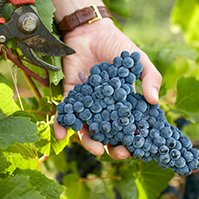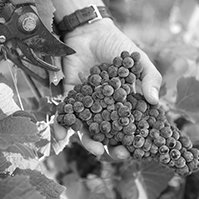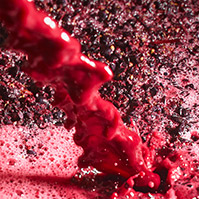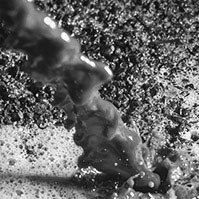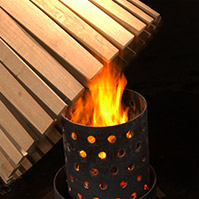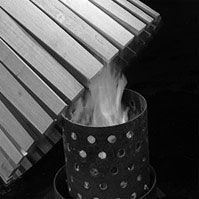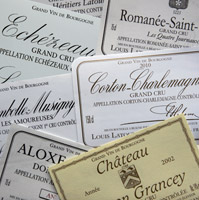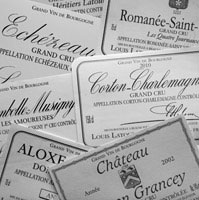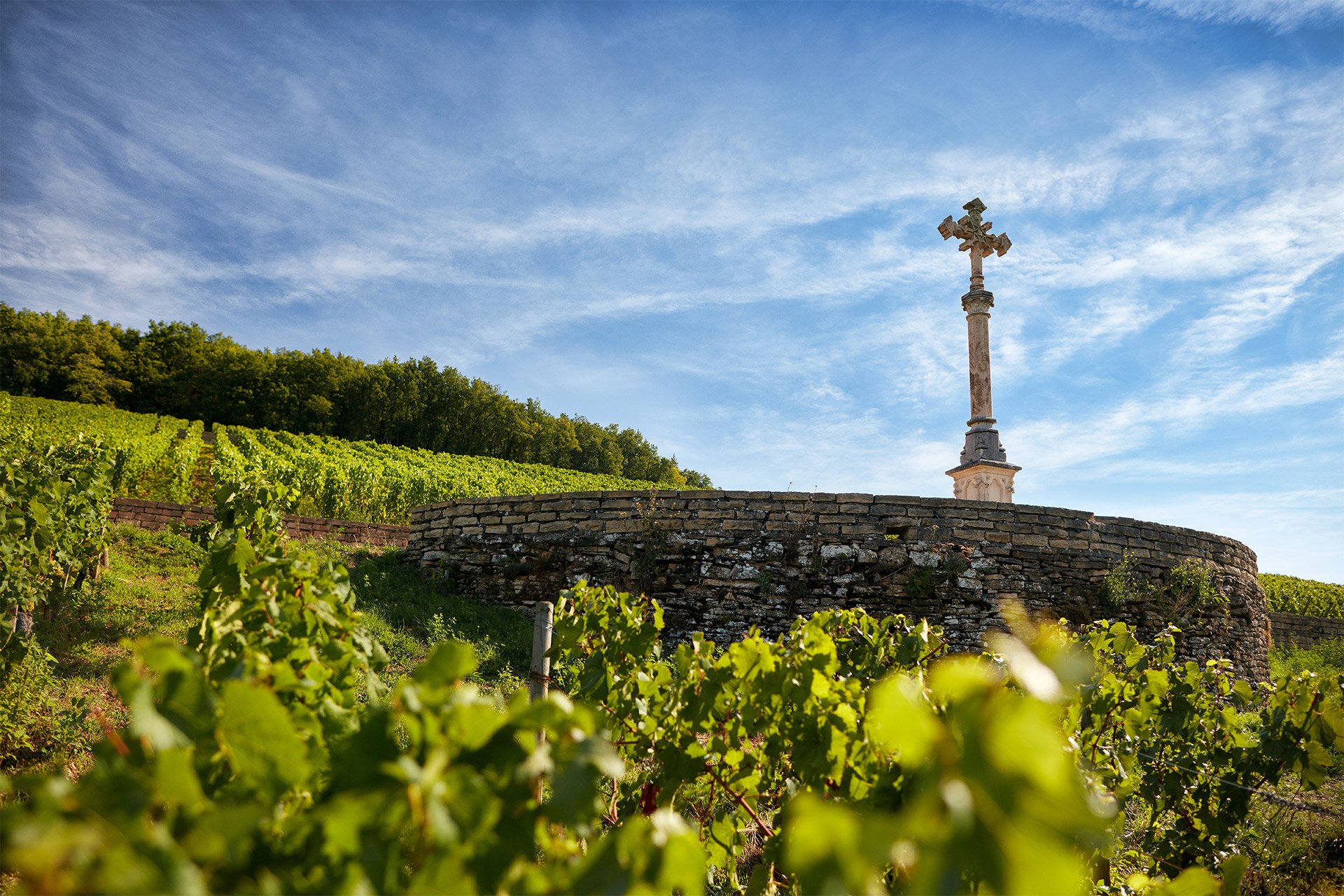
Louis Latour Barrels
Maison Louis Latour produces over 100 different Burgundy appellations every year. All are made traditionally in order to preserve the unique qualities of each terroir. Oak barrel ageing plays a major role in this process.
Here at Maison Louis Latour, we have always made barrels in our own cooperage, something that is unique in Burgundy. Oak from the forests of northern France ages in the open air for 30 to 36 months, after which the master coopers use traditional techniques and skills to cut the staves that will make the barrels from the heart wood.
The method used for the production of our barrels is influenced by our winemaking philosophy. At Maison Louis Latour, we aim for an elegant and refined oak influence on the wine. Meticulous control of the interaction between oak and wine allow us to highlight the specificities of each appellation's terroir. This delicate balance is achieved by the use of medium toasted barrels. The reputation for excellence of the Louis Latour wines has been built on the judicious association of new and used barrels and on the maturing period of the wines rather than different production methods of the barrels themselves.
Cellar ageing of the wine in barrel is the key to the future ageing potential of a bottle. Oak, walnut and chestnut are the temperate climate woods richest in tannins. The content and quality of tannins varies according to the species of tree and their specific biotype. To make our barrels, we use only finely grained oak trees of at least 150 years of age from the finest forests where tree growth is slow and regular, creating perfect conditions for micro oxygenation conducive to the creation of very great wines.
As well as the effect of micro oxygenation, the impact of oak ageing on wine is also due to slow extraction of tannins from the wood. This effect will diminish with the age of the barrel, hence the importance of the mix of new and used barrels that needs to be determined on a case-by-case basis. Over and above the oaky and vanilla aromas conferred on a wine through barrel ageing, oak also brings additional smoothness to the palate caused by the modification of the tannins in the wine on contact with the wood. The length and quality of drying of the heart wood is essential, which is why we favour a long drying period in the open air to remove all impurities from the wood.
Not all wines can withstand the aromatic enrichment brought by oak ageing without a loss of balance. Oak barrel ageing will therefore be a choice made after serious reflection on the nature of the terroir, the level of the appellation and the style of the particular vintage. Our white Grand Crus are aged exclusively in new oak barrels, whilst our red Grand Crus are aged for only between a third and half in new barrels, depending on the origin of the wines, and each appellation is considered individually. Our datasheets state the length of ageing and the percentage of new barrels used for each appellation. These sheets are available in the section ‘Wines'.
